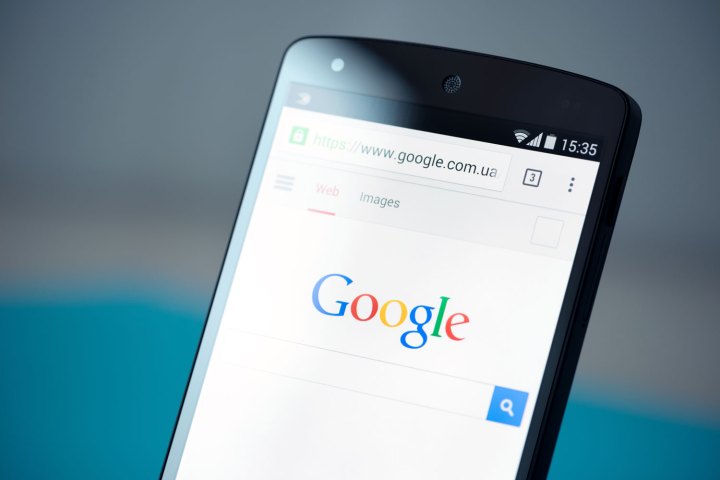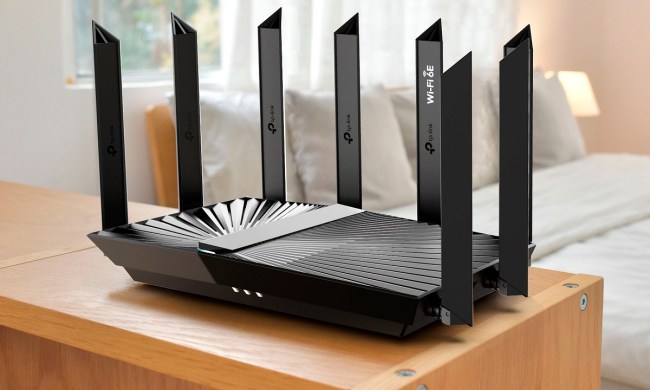
The Commission’s investigation into Google’s activities emerged in October 2016. The issue revolves around its practice of serving up web results that prioritize products sold via its shopping service, which is being interpreted as an unfair advantage over other retailers offering the same items.
A press release issued Tuesday by the European Commission lays out the charges being leveled against Google in no uncertain terms. Not only does the company stand accused of giving prominent placement to its own shopping service, it’s alleged that it also demotes rival services in order to promote its own.
Having now investigated Google’s practices for several months, the Commission has officially issued the fine of $2.73 billion, with that figure being settled upon as a result of the “duration and gravity of the infringement.” In addition, the company must modify its conduct with 90 days to avoid being subject to penalty payments equaling up to 5 percent of the average daily worldwide turnover of its parent company, Alphabet.
“Google has come up with many innovative products and services that have made a difference to our lives,” said Commissioner Margrethe Vestager. “That’s a good thing. But Google’s strategy for its comparison shopping service wasn’t just about attracting customers by making its product better than those of its rivals. Instead, Google abused its market dominance as a search engine by promoting its own comparison shopping service in its search results, and demoting those of competitors.
However, Google doesn’t seem to plan on taking the decision laying down, and maintains that its shopping service is designed to deliver a streamlined experience for consumers that helps them find the products they’re looking for quickly.
“We believe the European Commission’s online shopping decision underestimates the value of those kinds of fast and easy connections,” wrote senior vice president and general counsel Kent Walker in a blog post published in response to the ruling. Google is currently mulling whether or not to appeal the decision.


